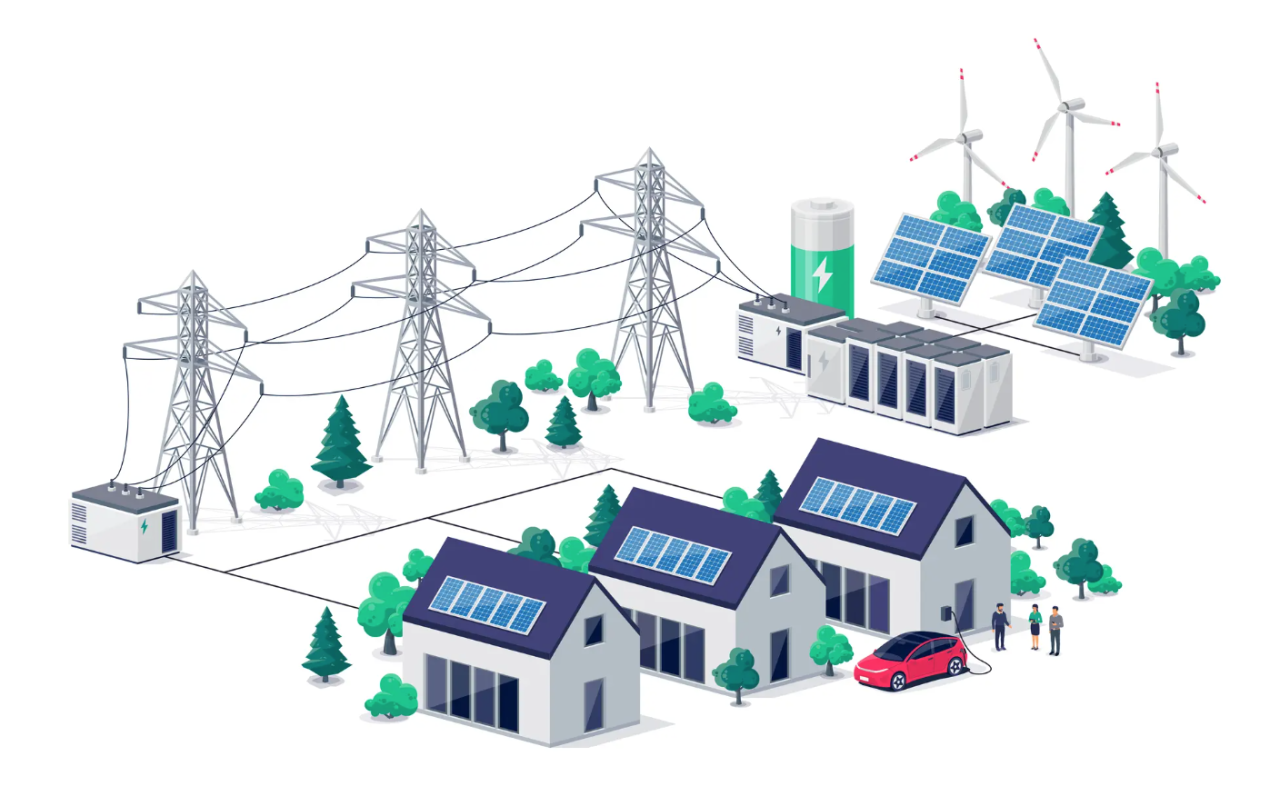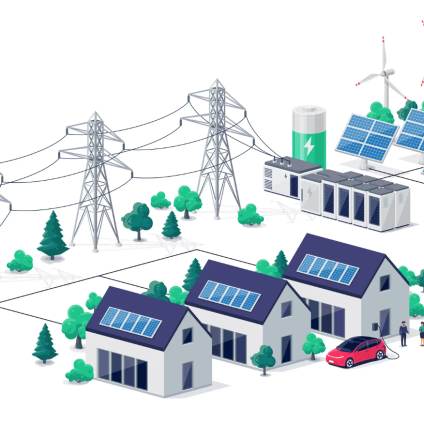The European project edgeFLEX was created to further develop the concept of virtual power plants and expand the management of renewable plants and accumulations. Also the University of Bologna partner of the initiative
A new model for Virtual Power Plants
(Sustainabilityenvironment.com) – Thirty-six months of time. Almost five million European contributions. Ten partners among universities, research institutes and companies. edgeFLEX is a European research project launched in 2020 with the aim of improving virtual power plants.
What are virtual power plants?
Virtual power plants are cloud-based systems that aggregate the capacities of heterogeneous distributed energy resources in order to improve electricity production and sell it to the market. The various assets – renewable plants, storage systems, Power2X and demand response – are connected and controlled through a central system (VPP software) forming a central imaginary whose production can be dispatched during peak periods of demand.
In Western energy markets this is a reality with several years behind but still in the early stages, in terms of development. It is at this level that the work of edgeFLEX fits. The project, coordinated by Germany’s Ericsson, aims to further develop the concept of virtual power plants in order to manage a wider range of distributed resources. With the ultimate goal of bringing out a new market for ancillary services, offering a series of fast and dynamic service-to-grid operations.
Read also Decarbonisation, from utilities 450 million investments
In detail the partners – including the team of researchers led by Lorenzo Peretto, University of Bologna – are working on an innovative architecture VPP, combining the concepts of frequency control and inertial response with dynamic factor voltage control and leveraging 5G communications.
“edgeFLEX – reads the project website – develops this next-generation VPP concept and demonstrates this in the context of three field trials and accompanying laboratory tests”. The initiative is also studying rules, regulations and financial instruments at European level to reduce barriers to the adoption of virtual power plants.













